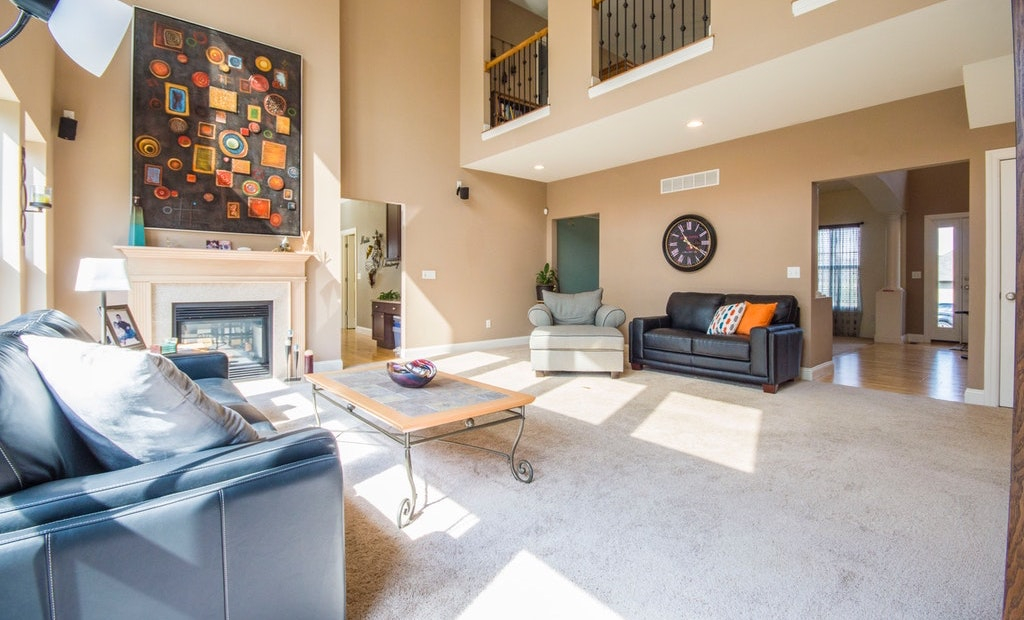Safety requirements for renting out property: A checklist for landlords

Most career landlords with multiple properties are well versed in the ins and outs of renting property to private tenants, as well as the many necessary rules surrounding the market (though, of course, not all of them are compliant!). Anyone new to landlordship should make it their business (literally) to gain a thorough understanding of what is entailed in renting out their property, and a big part of that is likely to be covering any safety concerns. A landlord has a duty of care towards their tenants and a responsibility to stay on top of the legal requirements to ensure that it is safe to live in the home, and to that end there are a number of checks and tests that need to be carried out in various areas at regular intervals. Here’s a checklist of major safety requirements for landlords.
Gas safety
A safety check carried out by a qualified professional is an absolute must. Once the technician has visited and completed a thorough assessment, they will issue the landlord with a gas safety certificate for the property. This will be valid for one year only, so it should be re-booked annually to stay on top of any potential issues.
Smoke alarms and doors
A smoke alarm is critical for the early detection of a fire in any home and could mean the difference between life and death. Likewise, carbon monoxide alarms are designed to activate a warning before symptoms appear, and can prevent the occurrence of health problems, brain damage and even death from a carbon monoxide leak. All rental properties must be fitted with working smoke alarms on all floors and carbon monoxide alarms in rooms that use solid fuels. These should be regularly tested and batteries should be replaced often. Fire doors are also essential to prevent a fire from spreading, should one occur. A fire door survey is well worth having to optimise fire safety.
EICR
Since 1st July 2020, it’s been mandatory for all rented properties to have a valid EICR (electrical installation condition report), whereas previously this was only a requirement for flats located in multiple occupancy buildings, such as blocks. This check should be completed well before the tenants move in to enable any necessary repairs or improvements ahead of time. EICR certificates are valid for five years, at which point a full inspection must be made again.
EPC
Also known as an electrical performance certificate, an EPC shows how energy efficient a building is, giving it a rating from A (very efficient) to G (inefficient). Rental properties need to have a rating of at least E to meet current legal requirements. By December 2025, however, it’s very likely the new minimum EPC rating requirement will be C. An electrical performance certificate is valid for ten years and can be used for any new tenancy in that period, but must be renewed after that point.
Furnishing regulations
If the property being rented out is furnished or part-furnished, all furniture provided by the landlord must meet furnishing regulations. This means ensuring that a fire risk assessment is run throughout the house by a certified expert. For furniture in a rental property to comply with regulations it must carry a manufacturer’s label, which must be permanent and non-detachable. The safety regulations apply to arm chairs, sofas, sofa beds, futons and other convertible furniture, as well as any loose or fitted covers that go with them, beds (including bases, headboards, mattresses and divans), nursery furniture, and any garden furniture that could be used indoors. The items excluded are antique furniture or furniture manufactured before 1950, bed clothes (including mattress covers), duvets and sleeping bags, curtains and carpets.
Health hazard checks
Alongside the gas safety certification, electrical installation condition report and electrical performance certificate, landlords should also provide a certificate stating that the house or flat has been thoroughly checked for any health hazards before the tenant moves in. Health and safety checks should rule out things like damp and mould, safe and sanitary access to waste disposal, issues with water or heating systems, and whether the property is well secured.
Legionella risk assessment
Checking for legionella is not currently a legal requirement, but in most cases it is highly recommended that landlords add this to the to-do list because it will safeguard tenants from any potential future risk. All landlords have a responsibility under the Landlord and Tenant Act 2004 to make sure that the water systems in a property are safe for the tenants to use.
Property can be a great source of income, and good tenants taking care of it are an asset. Once things are up and running, all being well, everything should go smoothly with only the occasional maintenance mishap, but it’s a very good idea for any future landlord to get ahead of the game with these safety requirements to enable a happy and healthy contract.
The editorial unit























Facebook
Twitter
Instagram
YouTube
RSS